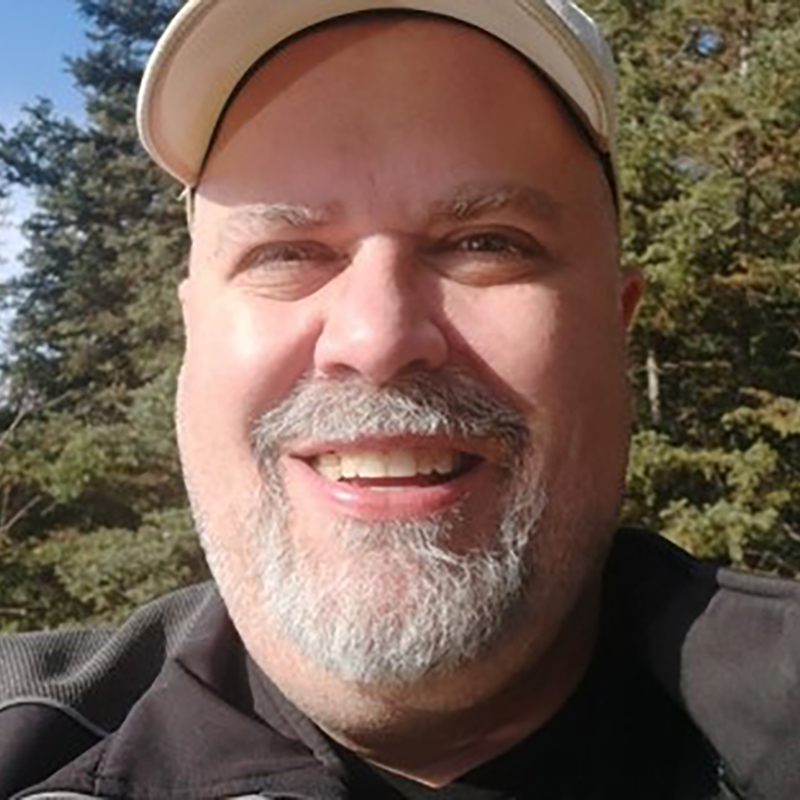Have you ever wondered what goes on in the shop class at the far end of the hall? It is commonly known that students are building something with their hands in there, but what else happens in that learning space? How does the teaching and learning that is occurring there fit into your school’s overall culture?
When I taught mechanics, I became an alternate expert in practical physics, chemistry and applied mathematics. My students saw shop class as a respite from the core subjects, but I found ways to connect what I did to those subjects. For example, a student was struggling with fractions, but our work together with micrometres made things clear for him. This shows the potential for us as teachers to work together – regardless of what we’re teaching – to ensure student success.
We all know that students develop varying kinds of work skills in career and technology foundations (CTF) and career and technology studies (CTS) classes, but is there something going on that is more complex and nuanced? I think so.
Here are a few relevant points to know about CTF/CTS:
- There is a bit of a needless academic and vocational divide in schools. CTF/CTS teachers are sometimes sensitive about their courses being seen as “options” and prefer the term “complementary courses.” They want to be included in cross-curricular activities because they often feel isolated “down that hall.” Look for connections.
- These courses are well-positioned for experiential learning and occupational skill development. The problem-solving skills fostered in these classes enriches the overall learning experience of students, and those skills are transferable to all classrooms.
- While it is true these programs routinely serve marginalized and “less academic” learners, the new pedagogical paradigm is inclusive of all students. At the same time, the vocational identity and skills built in shop class served to keep students who are at risk in school, allowing them to dream of a positive future.
- Not all students are university-bound but at the same time, I had students who took mechanics so that they would be well-rounded mechanical engineers. That means CTF/CTS courses offer a distinct and broad opportunity for all learners.
- Career and technology teachers bring a wealth of higher learning and industry experience to the classroom. They are real teachers with the same teaching degree. (That’s a sensitive topic, so forgive my candour.)
- Increasingly, women are teaching CTF/CTS courses, contrary to the stereotype of the space being male dominated. The student demographics are seeing a similar trend. Vocational and STEM education for young women are distinct focus areas in contemporary education.
- Providing timely, relevant and ongoing teacher professional development (PD) with real applications is essential. Consider whether your school’s PD addresses the specific needs of these teachers to ensure they are supported in their professional development.
- School leaders can continue to learn about what happens in these classes, socially, culturally and pedagogically. That is not to suggest administrators aren’t already doing this work. I have heard that support from leaders is quite good, and very much appreciated. At the same time, schools can continue to find ways to share how CTS/CTF teachers contribute to the school and its culture.
I recently spoke with a group of CTF/CTS teachers who shared the following suggestions for their colleagues: “Build relationships with [CTF/CTS] teachers. There is something that happens here that doesn’t happen anywhere else,” said one teacher. Another offered, “Come down and see what we do. Struggling students can really shine!”
Teachers of CTF/CTS want other teachers to know what they do, and how their work connects with their professional colleagues as part of schoolwide learning. I invite you to visit and connect with these colleagues. Drop by your school’s shop class, check it out and have a chat.
Warren Boyd Ferguson has been teaching for over 20 years in Alberta and is currently a PhD student at the University of Calgary. He is passionate about transformative school leadership that considers CTF/CTS as a valued part of a school culture.

Teacher, administrator and researcher


